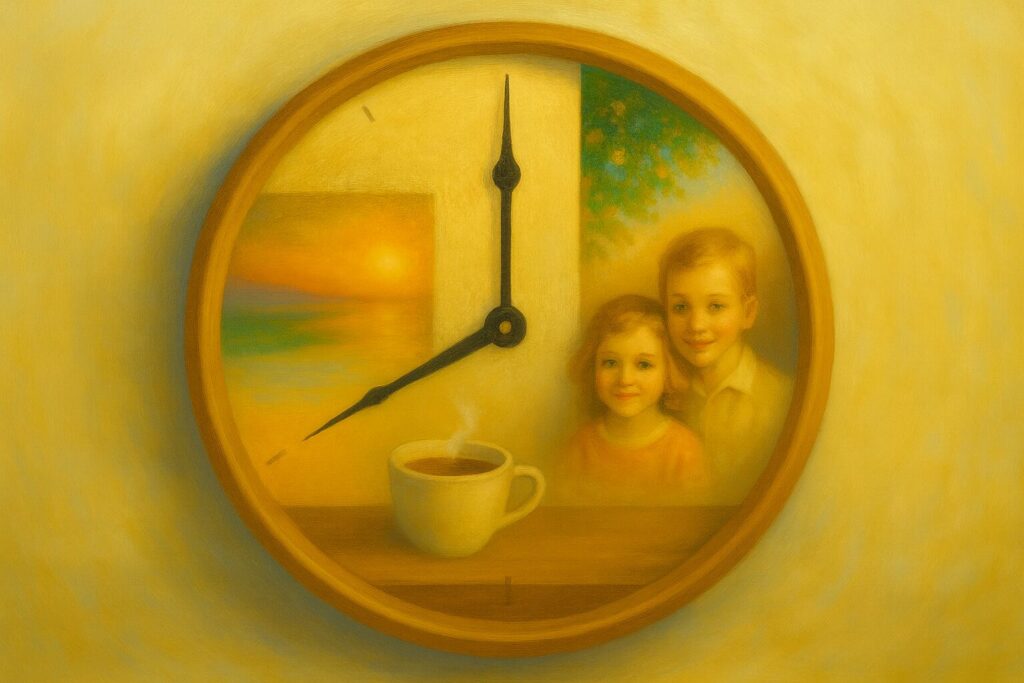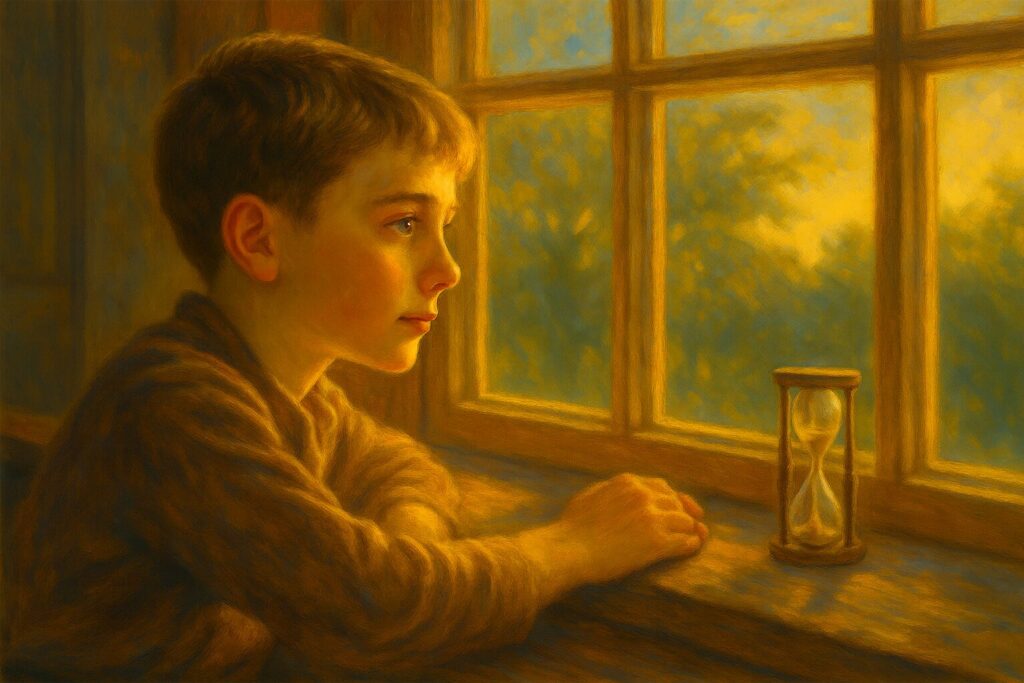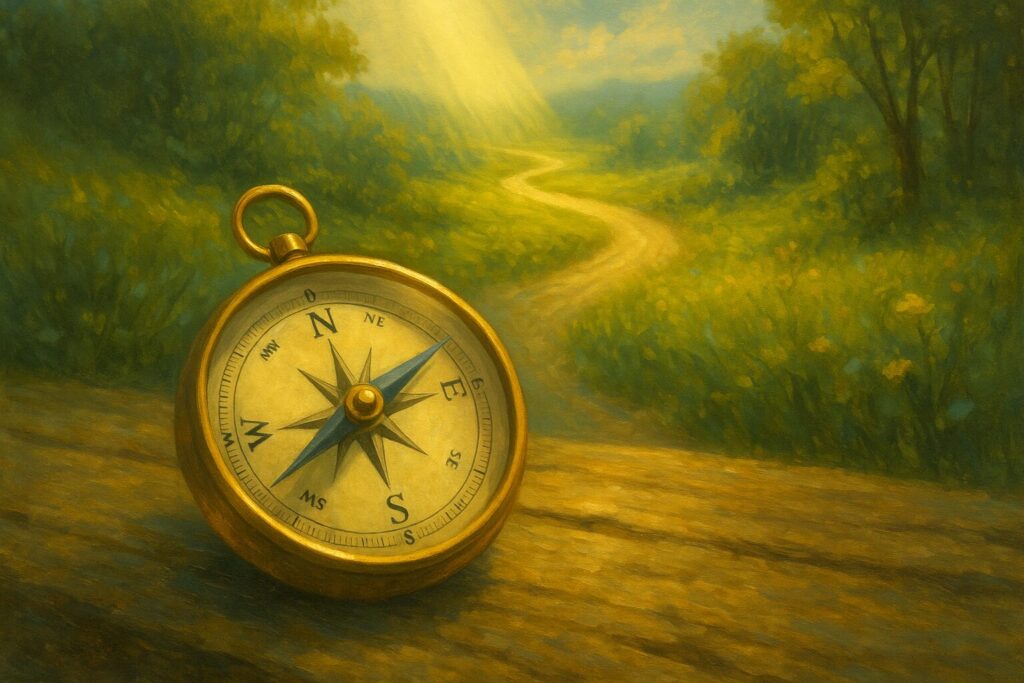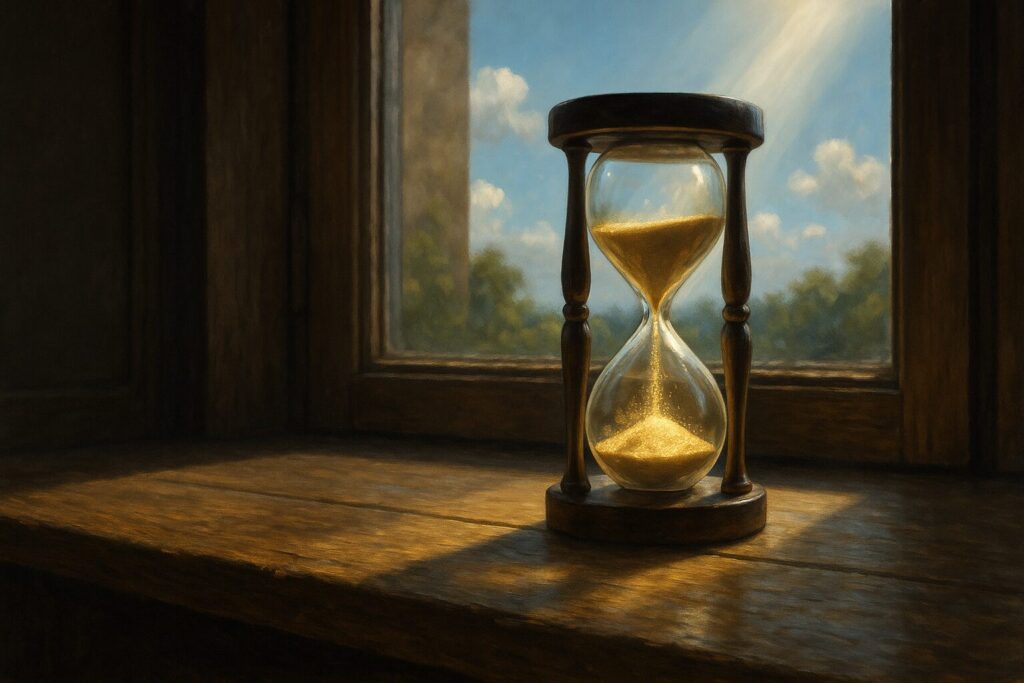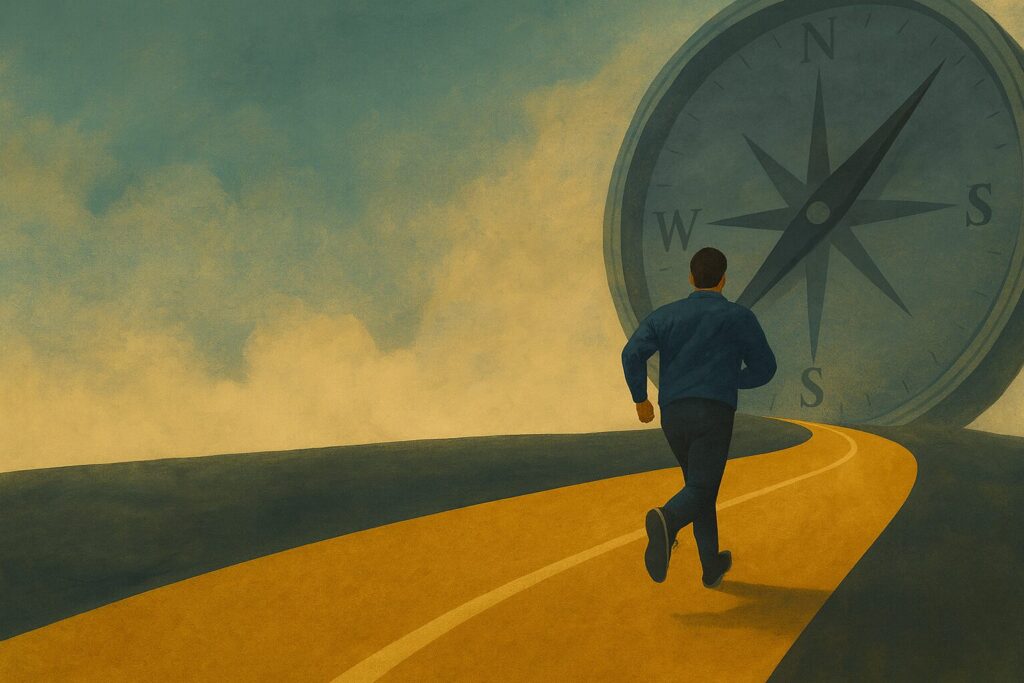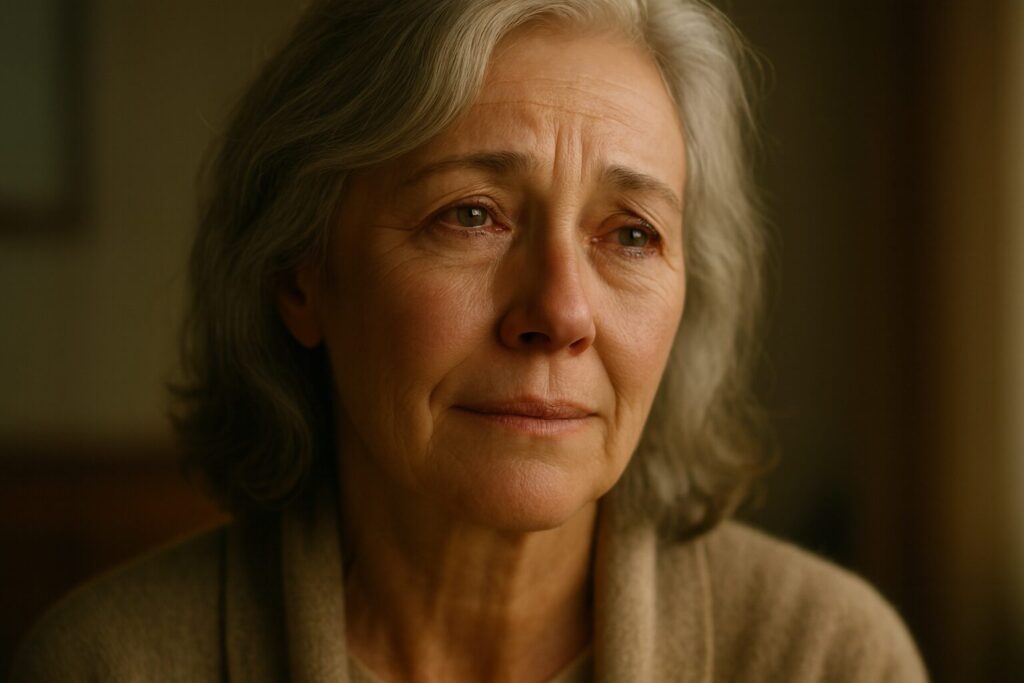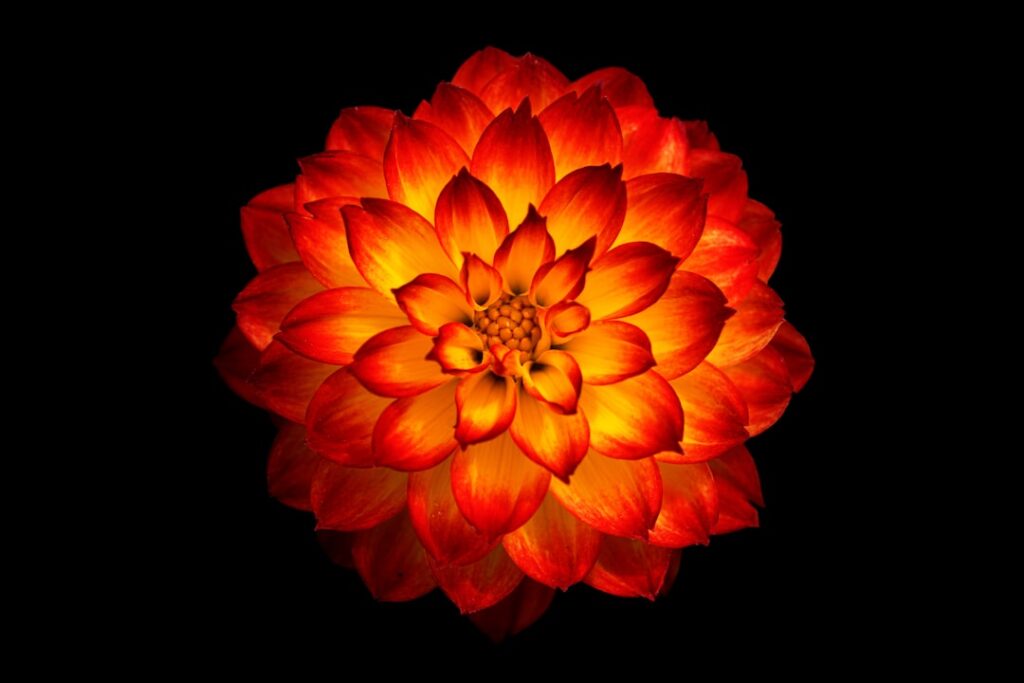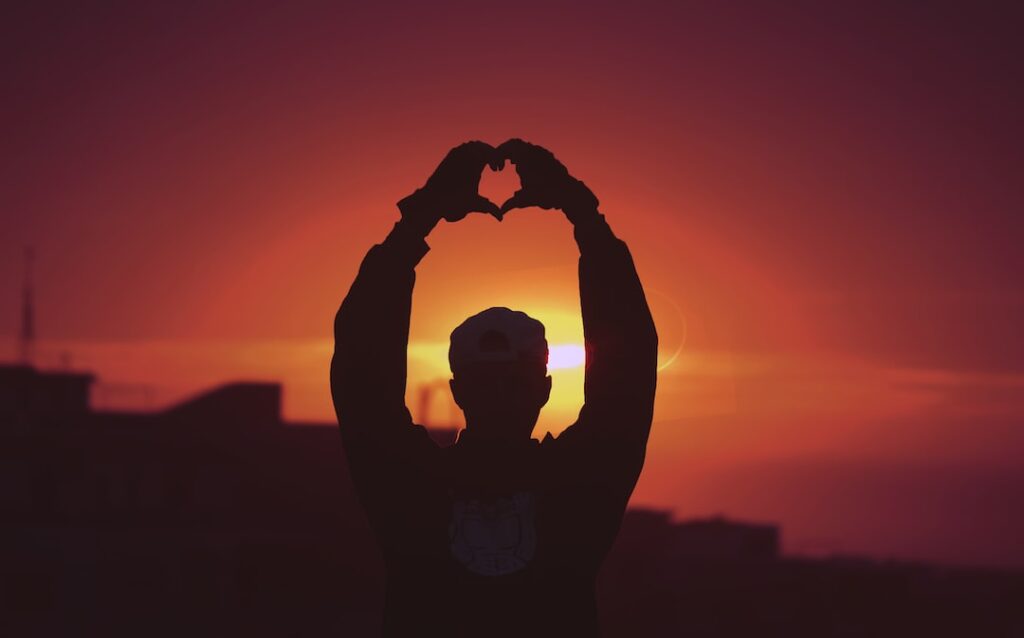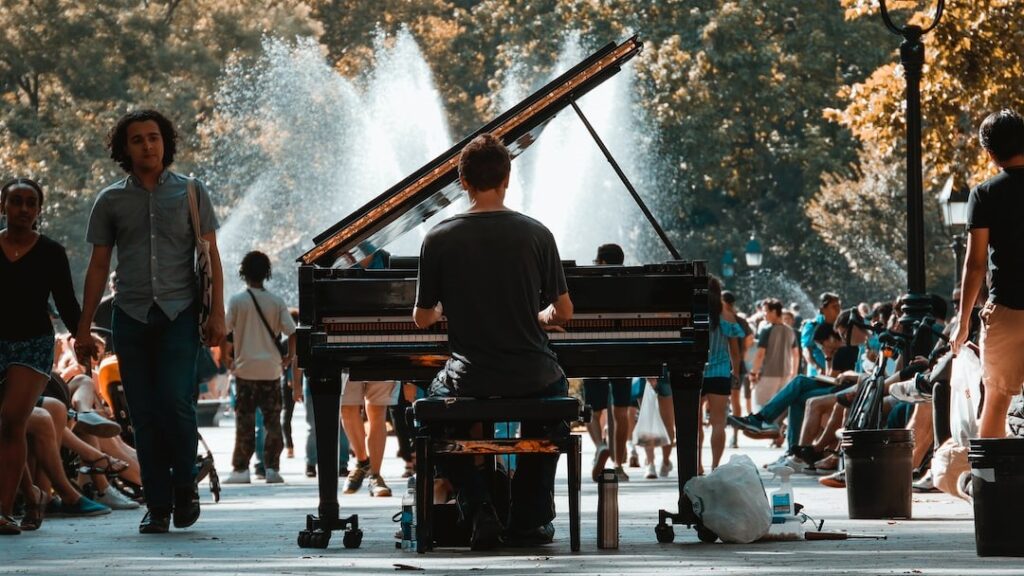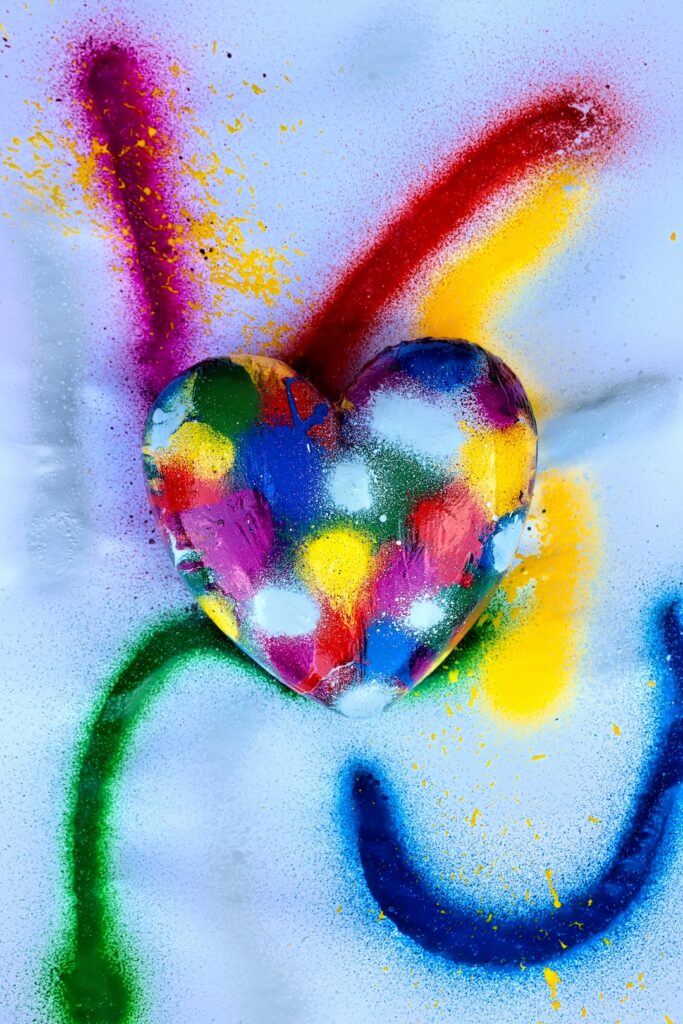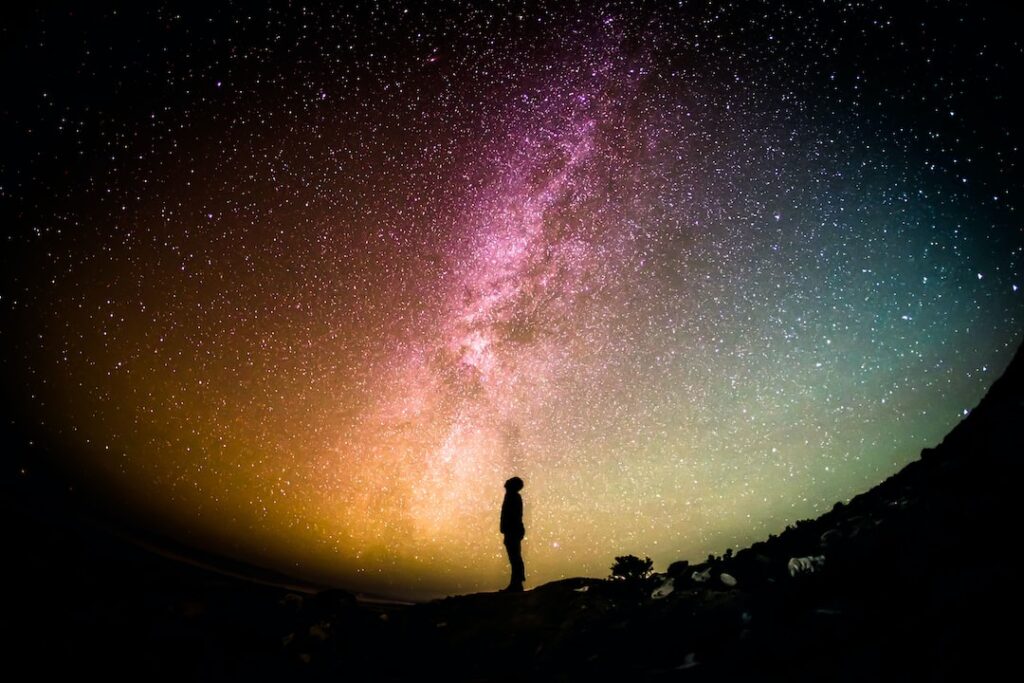Being Human
We usually treat time as an enemy. We complain that there’s never enough, or we dread how quickly it slips away. But time itself is one of life’s greatest gifts. Other creatures live mostly in the immediacy of instinct. Humans live in three dimensions: we remember the past, we savor the present, and we anticipate the future. Each dimension enriches us, making life more than a blur of moments.
Aesthetic Experience as a Reason for Living
We’ve all had days when life technically continued but felt empty, thin, almost pointless. Food was on the table, but appetite was gone. Time passed, but meaning was missing. In those seasons, we need more than existence. We need a reason to stay. For human beings, that reason often comes through aesthetic experience — the moments when life feels not only bearable but luminous, charged with significance.
The Anesthetic of Familiarity
Most of us don’t realize it, but we live under a spell. Not a spell of enchantment, but of anesthesia. The very miracle of being alive—the staggering improbability of existing at all—slowly gets muffled until it feels ordinary, even boring. Richard Dawkins called it “the anesthetic of soporific familiarity.” What a phrase. It captures that strange sleepwalking state where life itself becomes background noise.
Through a Child’s Eyes
What if life ended at twelve, or seventeen, as it did for Sam Berns, who lived bravely with progeria and died a teenager? In that case, the moments of youth — the crushes, the games, the discoveries — are not rehearsal. They are the whole play. Childhood is not a practice round. It is life itself, rich with meaning in its own right, as real as anything we experience later.
The Joy of Standing Alone
We’re wired to crave belonging. For most of human history, standing apart from the tribe meant danger, even death. So it’s no surprise that in the modern world, the thought of standing alone can make our hearts pound. Conformity whispers safety; independence feels risky. And yet, paradoxically, some of life’s richest joys come not from blending in, but from daring to stand apart. Independence isn’t only about hard duty or lonely burden. Sometimes, it feels like freedom in its purest form: exhilarating, life-affirming, joyful.
The Compass of Curiosity
Curiosity is honest. It ignores what we “should” want and pays attention to what we actually want to explore. That makes it a reliable compass for becoming ourselves. If we keep following the questions that quicken us, we end up in places that feel like home.
Mortality as a Wakeup Call
Death is the truth we avoid. We distract ourselves, euphemize, hide it behind hospital curtains and polite silence. But avoidance doesn’t erase reality. The clock is ticking for each of us. This sounds grim, but it doesn’t have to be. Mortality is not only the end of life. It is the wakeup call that gives life urgency.
The False Compass of Blind Ambition
Blind ambition is a false compass. It promises meaning but delivers emptiness. It drives us to run faster without asking whether the finish line matters. But ambition aligned with purpose becomes energy for fulfillment. It becomes the spark that turns potential into reality.
The Dignity of Sorrow
The same heart that swells with joy will eventually ache with grief. We can’t separate the two. To love is to open ourselves to loss, whether through distance, misunderstanding, or death itself. At first glance, sorrow seems like an intruder — an unwanted thief of joy. But in truth, sorrow is not a violation of life’s gift. It is part of what makes the gift so precious. If love gives us warmth, sorrow, at times, gives it depth.
Our Precious Aesthetic Experience of Life
Food keeps us alive. Shelter protects us. Medicine repairs us. But what makes life feel worth living is not only survival — it’s those moments when meaning breaks through and we are moved.
Mortality Is a Clarifier
Most of us would rather not think about death. We busy ourselves with errands, jobs, and chatter, keeping mortality out of sight. But whether we look at it or not, it shapes everything. Death is the silent boundary of our existence. It is the reason every choice matters, the reason every day is precious, the reason that life itself is urgent.
The Courage of Sentiment
In our culture, sentiment often gets dismissed. We praise toughness, stoicism, control. We admire the person who “never lets emotions get in the way,” the leader who never cries, the friend who always keeps their composure. Vulnerability is framed as fragility. Sentiment is mocked as softness. But here’s the truth: sentiment is courage. It is not weakness to feel deeply. It is strength — because it takes far more bravery to care than to wall yourself off.
The Recuperation Station
We don’t live life on a straight, endless highway. We live it more like a long, winding trek — hills, valleys, storms, clearings. And no trek can be endured without stopping points along the way. That’s what a recuperation station is: a deliberate place or practice of renewal. It’s where we catch our breath, regain strength, and remind ourselves of why we’re moving forward at all.
Why We Need to Love Life
Human beings face a strange paradox. We must choose to live — but to choose life, we must already value it. No other creature has this problem. A cat does not wake up wondering whether existence is worth it. A tree does not debate whether to grow. Only we, as volitional beings, must look at life and say, Yes, I want this.
Independence and Responsibility
Some people hear “independence” and imagine shirking accountability. They picture someone walking away from commitments, refusing ties, living “spontaneously.” But that’s not independence as much as it’s irresponsibility — the refusal to acknowledge the consequences of one’s choices. Independence is not the escape from chosen responsibility. It is the embrace of what we choose.
The Gift of Solitude
Modern life is allergic to silence. We fill every pause with screens, every walk with earbuds, every quiet moment with chatter. Alone time can feel threatening, as if stillness means emptiness. But solitude is not loneliness. Loneliness is the ache of absence; solitude is the gift of presence — presence with ourselves. When embraced, it becomes a fertile space for reflection, creativity, and restoration.
The Leap Into Potential
Potential feels intoxicating. It whispers: You could be great. You could write the book, launch the business, find the love, paint the canvas. Potential flatters us, because it suggests greatness without risk. But potential is not enough. A life can be heavy with possibility yet empty in reality. The tragedy is not wasted effort but wasted potential that never turned into anything lived.
Appreciating Fully
To live fully is not only to fill our cup. It is also to savor what’s already there. Without appreciation, even a rich life can feel empty. Without savoring, we gulp without tasting. Appreciation turns existence into experience. It transforms the ordinary into the extraordinary. It reminds us that the point of life is not just to accumulate, but to delight.
Fulfillment, Not Happiness, as Life’s True North
“Happiness” is one of those words everyone nods at but no one defines the same way. Some mean pleasure. Some mean comfort. Some mean the absence of pain. Others mean success or contentment. The trouble is, happiness is fickle. It shifts with circumstances, moods, even the weather. If we make it our compass, we end up chasing a moving target.
Fulfillment, Not Happiness, as Life’s True North Read More »
Life as Humanity’s Thank-You Note
Stars don’t say thank you. Oceans don’t say thank you. Even most creatures never pause to wonder. But humans—we can. Every time you stop to appreciate the color of the sky, the sound of laughter, the feel of your child’s hand in yours—you are writing a thank-you note to existence itself. Not in ink, but in awareness.
The Origin of “Life Savor”
For as long as I can remember, I’ve been overly inquisitive. Some kids collect baseball cards; I collected questions. Why do people live as they do? What actually works in reality—and what’s just pretense? Why does one moment feel alive and radiant while another feels flat?
Life as Art
To exist is not merely to breathe, work, and endure. A life that only survives is a life unfinished. We long for more than subsistence. We long for beauty, for resonance, for meaning. This longing is not frivolous. It is the point. Our capacity to experience life as art — to treat existence itself as an aesthetic experience — is what makes human life radiant.
Invulnerability and Its Costs
On the surface, invulnerability sounds appealing. Who wouldn’t want to be untouchable by pain, safe from sorrow, immune to loss? If we could build walls high enough, armor thick enough, maybe we could glide through life without being hurt. But the dream of invulnerability carries hidden costs. Walls don’t just keep out pain. They also keep out joy.
Your Emotional Core
Appreciation isn’t automatic. It depends on our inner condition. When our emotions are frazzled, our core unstable, every treasure of life blurs past unnoticed. Peace is not the same as pleasure. It’s not the absence of pain or the guarantee of comfort. Peace is a baseline — a steadying of the emotional core that lets us meet life with openness. Without it, the door to appreciation jams shut. With it, the door swings wide.
The Mind’s Power to Treasure
Life does not automatically feel like a gift. Some days it feels like a burden. Bills pile up, health falters, friendships fray. In those moments, it is tempting to ask: What is there to be grateful for? But gratitude isn’t just a spontaneous feeling. It is an act of the mind. It is the power to see differently, to frame experience not only by what is missing but by what is present.
The Everyday Temptations of Conformity
Conformity appeals to something deep in us: the desire for safety. To walk with the herd feels secure. When everyone is moving in one direction, it’s tempting to go along, even if our heart whispers another way. And conformity can be comforting — for a while. To nod when others nod, to dress how others dress, to choose the path already mapped. It spares us conflict. It saves us from questions. But it also dilutes us.
The Courage to Be Human
We live under constant pressure to appear polished: flawless resumes, curated photos, carefully edited stories. The message is subtle but relentless: Don’t let them see the cracks. But the cracks are part of being human. To live authentically requires courage not to disguise them all. Courage, in this sense, is not only about heroism on battlefields or podiums. It’s about the daily bravery of letting ourselves be fully human — imperfect, vulnerable, unfinished.
Authoring Our Own Story
We often think of life as a series of tasks: wake, work, eat, sleep. But beneath the routines lies something deeper: a story being written. Each of us is the protagonist of a narrative unfolding. Our choices are the plot twists. Our values set the themes. Our risks provide the suspense.
Given and Created Treasures
Life hands us treasures in two distinct ways. Some are given: they arrive without our effort, woven into the structure of existence itself. Others are created: they emerge from our own hands, imaginations, and labors. Together, these two streams make up the bounty of being alive.
Human Sentiment
Most animals live by instinct. They hunt, nest, mate, and protect. Humans do these things too, but then we do something else: we seek to understand. And even further, we step back and ask, What does it mean? A wolf may defend its territory, but it doesn’t write songs about belonging. A dolphin may leap for joy, but it doesn’t wonder what joy is for. We are the creatures who not only live, but reflect on life — and that reflection awakens something new: sentiment.
Life Is a Once-in-Eternity Gift
Every human life is a once-in-eternity chance. The atoms that make you will never again assemble in quite this way. This moment, this breath, this chance to savor existence — it is yours alone. Never to be duplicated. It’s easy to forget. Life’s ordinariness dulls us, its hardships weary us, its routines put us to sleep. But beneath the blur of familiarity lies something astonishing: we exist at all.
The Mirage of Numbing
When life grows heavy, numbing calls to us like a mirage.
A drink to quiet the nerves. A screen to scroll the hours away. A purchase to fill the hollow. A burst of workaholism to silence the questions. For a moment, numbing seems to help. The ache dulls. The noise fades. But then the mirage evaporates, and we find ourselves not refreshed but emptier, further from the wellspring of life.
How Do We Stay Sane Enough to Love Life?
Okay, Mr. Life Savor: yes, life is a gift. But it’s also a trial. Bills come due, bodies ache, relationships fray, accidents strike, and headlines darken our minds. Even when fortune smiles, stress and worry find their way in. So the question arises: how do we stay sane enough to keep loving life?
The Human Gift of Appreciation
As human beings, we carry a peculiar burden and a singular gift. The burden is volition: we must choose to live. We can drift, we can despair, we can even decide not to carry on. But the gift is appreciation: we can pause, look around, and see that life itself is worth choosing.
